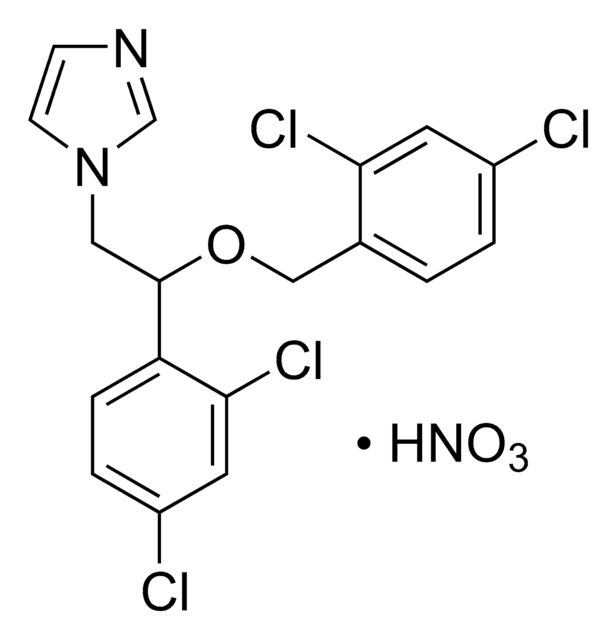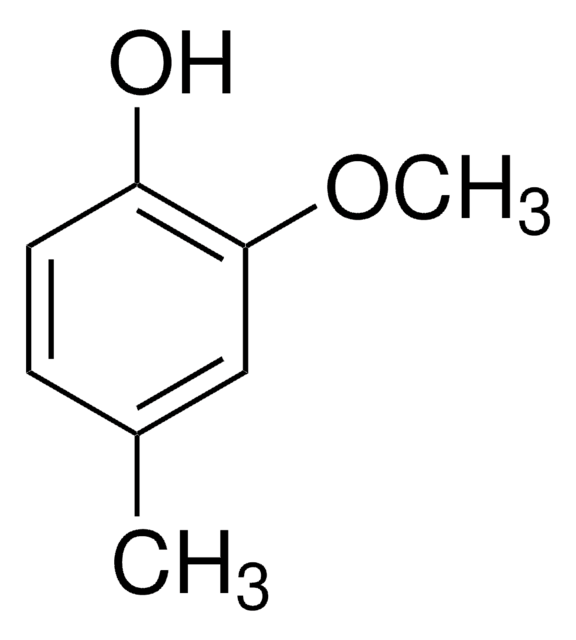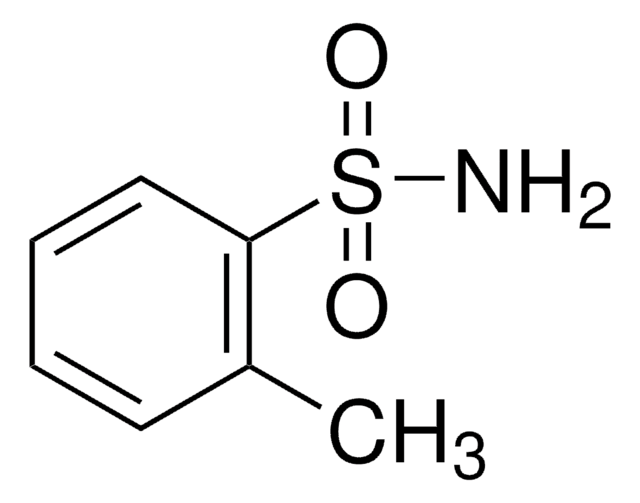PHR1580
Lauric Acid
Pharmaceutical Secondary Standard; Certified Reference Material
Synonym(s):
Dodecanoic acid, Lauric acid, NSC 5026
About This Item
Recommended Products
grade
certified reference material
pharmaceutical secondary standard
Quality Level
Agency
traceable to Ph. Eur. Y0001474
traceable to USP 1356949
API family
lauric acid
CofA
current certificate can be downloaded
packaging
pkg of 1 g
technique(s)
HPLC: suitable
gas chromatography (GC): suitable
application(s)
pharmaceutical (small molecule)
format
neat
storage temp.
2-30°C
SMILES string
CCCCCCCCCCCC(O)=O
InChI
1S/C12H24O2/c1-2-3-4-5-6-7-8-9-10-11-12(13)14/h2-11H2,1H3,(H,13,14)
InChI key
POULHZVOKOAJMA-UHFFFAOYSA-N
Looking for similar products? Visit Product Comparison Guide
General description
Pharmaceutical secondary standards for application in quality control, provide pharma laboratories and manufacturers with a convenient and cost-effective alternative to the preparation of in-house working standards.
Application
Biochem/physiol Actions
Analysis Note
Other Notes
Footnote
Recommended products
related product
Signal Word
Danger
Hazard Statements
Precautionary Statements
Hazard Classifications
Eye Dam. 1
Storage Class Code
13 - Non Combustible Solids
WGK
WGK 1
Flash Point(F)
348.8 °F - closed cup
Flash Point(C)
176 °C - closed cup
Choose from one of the most recent versions:
Certificates of Analysis (COA)
Don't see the Right Version?
If you require a particular version, you can look up a specific certificate by the Lot or Batch number.
Already Own This Product?
Find documentation for the products that you have recently purchased in the Document Library.
Customers Also Viewed
Our team of scientists has experience in all areas of research including Life Science, Material Science, Chemical Synthesis, Chromatography, Analytical and many others.
Contact Technical Service














